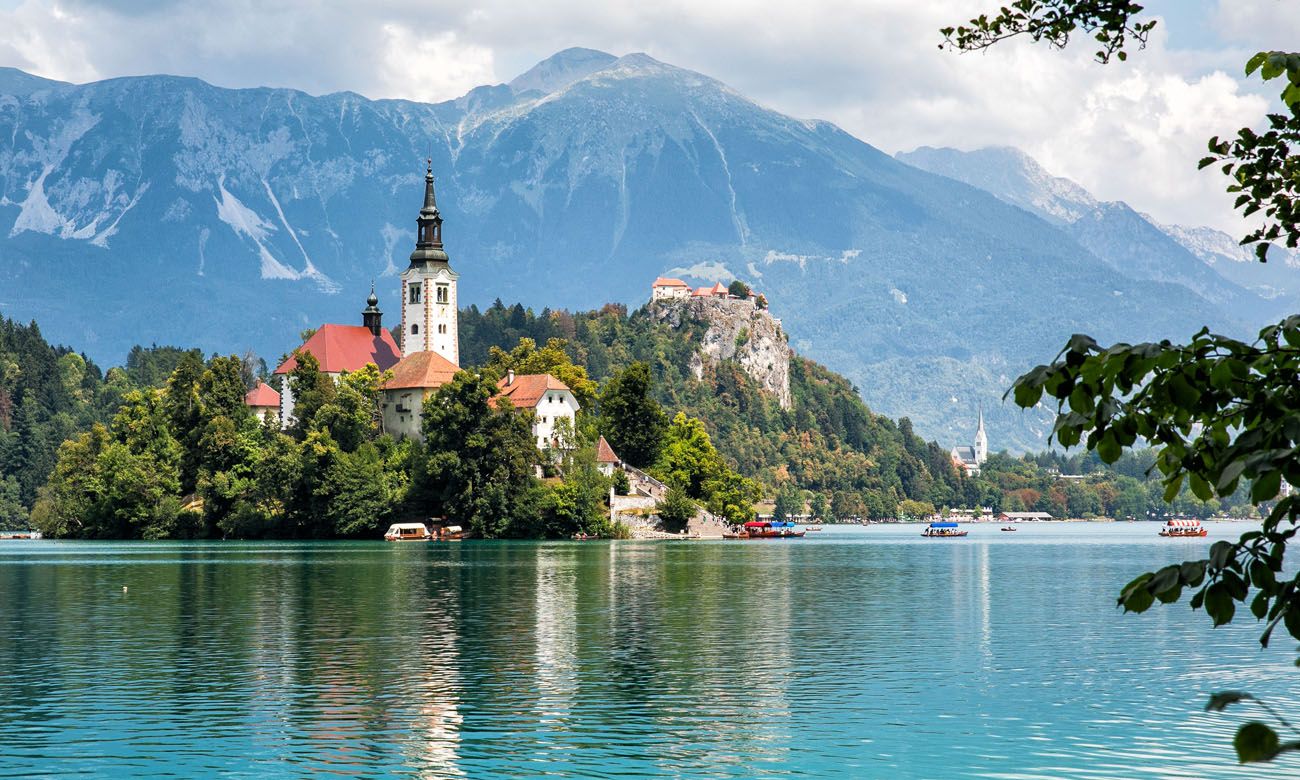Northern Light
Superstar
I had to revisit this: a 4 day work week already exists in Toronto!
Sunflower Kitchens in central Scarborough does a 4 day work week for at least some of their employees. They have been for at least two or three years now (if not longer).
Also, why is a 6hour work day any good? That cuts weekly hours down to 30 which is rather low, even for someone like me who rarely works 40 hours in a week.
A lot of people couldn't survive in this town on too low an income due to less hours at work.
I'm all about the 4 day work week of 35 hours. ?
Studies show a significant drop-off in productivity and an increase in human error when going past hour six in a day.
That's why that idea has some merit in the longer term.
Reducing the work week to 30 hours would require upward movement of per hour compensation; though for high-income earners, that movement need not guarantee their full current pay.
The challenge with a 4-day week, is at that at 8 hours, it too cuts deeply in take home pay for hourly staff to 32-hours.
If you add .5 hours to each work day, you get a 34-hour week, add one hour (9-hour day) you get a 36-hour week.
The challenge there is both that these would likely be low-productivity hours; and that they don't fit neatly into a 24-hour cycle for any work that is ongoing through the day (hospitals, emergency services, transit etc., as well as some factories)
4-day weeks also don't fit neatly into a business or life cycle. That's unless you intend no work to get done 3-days per week, its likely, that a 4-day week would mean 4 days on, 4 days off. That means no more weekends because the days of the week worked would change each week.
Citations:
Benefits of a Shorter Work Week | Ohio University
Eight-hour workdays are the most common in the United States workforce, but this infographic demonstrates why a 6-hour workday could be better for productivity.
onlinemasters.ohio.edu
That said there are other studies that show a 4-day also has benefits; though this appears to study salaried workers judged on output (office jobs) as opposed to those who need to be physically present.

The many benefits of a 4-day work week
Why even companies might want their employees to work less
theweek.com

Last edited:











